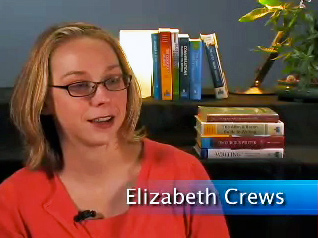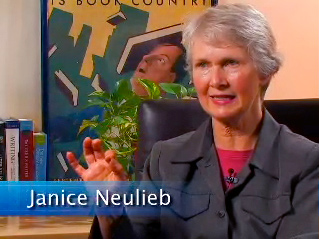Part II "Teaching"
Creating a Syllabus
|
In this section of Trends and Teaching in Composition, the panel of graduate assistants and adjuncts (Jillian Quinn, Elizabeth Crews, Jon Kofron, Jessica Walker, Shelina Shariff-Zia) presents practical tips for novices on creating a manageable syllabus. From keeping the syllabus flexible to outlining the vision for the course, those interviewed agree that the syllabus should inform students and set the overall tone for the course. Several emphasize the importance of balancing the course workload. On this note, instructor Jessica Walker suggests “overloading” rather than “under-loading” a syllabus, thus allowing instructors to remove assignments later if needed (an easier task than adding assignments mid-term). Further, when planning a syllabus do not, as one interviewee reminds us, forget to add the necessary contact information, important dates, and classroom procedures. Taken together, this section offers basic and useful advice to inexperienced instructors who have never prepared a syllabus. |
Designing In-Class Activities
|
This portion of Trends and Teaching in Composition presents a sampling of various class activities (from panelists David Jolliffe, Deborah Holdstein, Edward M. White, Charles I. Schuster, and Bill Condon) as a guide to encourage instructors to think outside of the box when designing activities for their own classes. Through the integration of classroom technology, one interviewee recommends analyzing art, another dialect. Instructor John Kofron suggests using real student writing as examples of (in)effective writing, thus confronting students with their own writing. In a particularly memorable moment of enthusiasm, one of those interviewed proposes instructors vary their teaching by taking students to an art museum one week and watching a film the next—anything, she counsels, to escape the normal classroom routine. At times the advice seems problematic for beginning instructors and lacks the needed context to situate the activities within an overall framework or vision for a composition class. |
Managing the Classroom
"Managing the Classroom" was a section that provided very concrete advice and ideas, but it is also one of the more theoretically problematic sections. The advice given would be valuable to inexperienced teachers to keep control of the classroom, but the advice was given to enact an authoritarian classroom. One interviewee actually said that an authoritarian tone should be set during the first day. Another interviewee said he “threatens” his class with expulsion, and “disciplines” them when they talk out of turn. Another teacher assigns tardiness “deputies” to keep track of late students for her. These kinds of negative and militaristic language and suggestions might help keep order in a classroom, but at what cost? A critical pedagogue would have serious concerns with this chapter as these teachers make it sound as if a class will/should fail if a teacher does not have control of everything in the classroom. What some panelists do express, such as in Elizabeth Crews example video here, is that even though new teachers often think a class fails because something doesn't go according to plan, being able to embrace contingencies and change is a useful pedagogical tool. |
|
|---|
Giving Constructive Feedback
|
The first part of this section includes some general thoughts about how an instructor might make his/her feedback constructive. Much of the advice seems contradictory; for example, Jessica Walker says she provides extensive comments especially on the first couple of papers of the semester, while John Kofron, Patricia Chapman, and Ondra Krouse Dismukes suggest a focus on what the assignment required or the areas of weakness specific to that student. When considered together, though, their ideas offer several options based on a teacher’s individual style and course goals. After this general advice, the contributors offer specific suggestions for providing feedback, which focuses on managing time while grading papers or portfolios. The practical advice includes setting a timer to limit the time spent grading each paper, taking breaks while grading, and pacing yourself by planning ahead. In "Giving Constructive Feedback," the advice will likely appeal to new instructors concerned about the practical issue of responding to student writing. Many contributors preface their advice by stating what they wish they had known when they began teaching. The subtle language found in this section clearly limits the audience to new instructors rather than including veteran teachers. |
General Wisdom
The DVD ends with a section titled “General Wisdom” that includes both the scholars from the “Trends” section and the adjuncts and teaching assistants from the “Teaching” section. Much of their wisdom involves communication with the community of instructors within the viewer’s local composition program, including peers who may have more experience and the Director of the Composition Program. Though this emphasis on local community may discourage viewers who may not be working in a large or supportive department, the DVD might provide a sense of community with some of the contributors featured. The additional focus on taking ownership over a syllabus or personalizing a course has potential for empowering a new instructor who feels anxiety about his/her role as a new instructor. Like many sections of the DVD, though, this wisdom seems to be specifically targeted to new instructors, offering advice on building confidence and assuring the audience that mistakes can happen to everyone. And, as Jan Neuleib suggests in the sample > video, "a good writing teacher has to write." |
|
|---|

